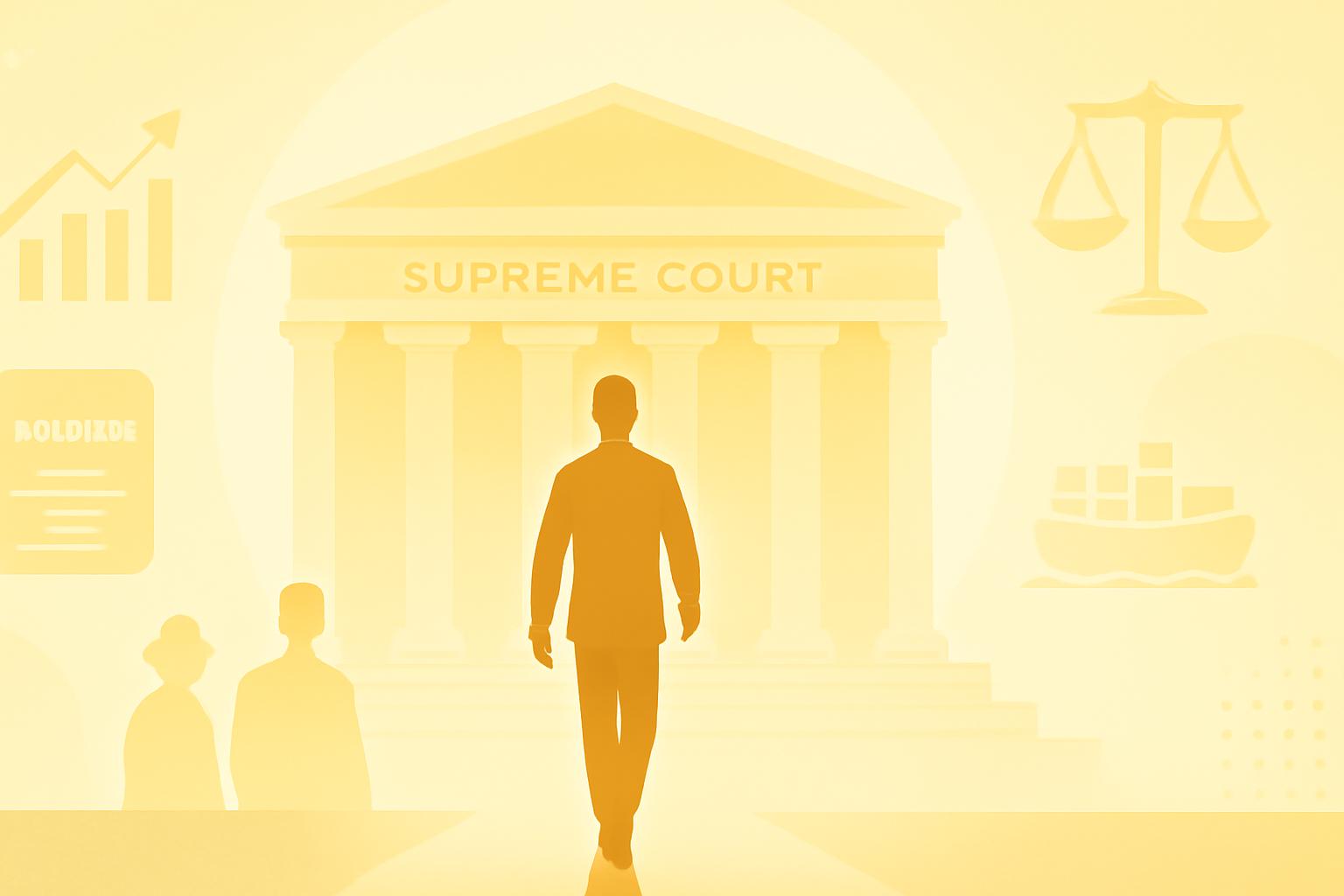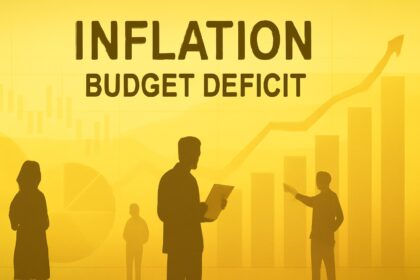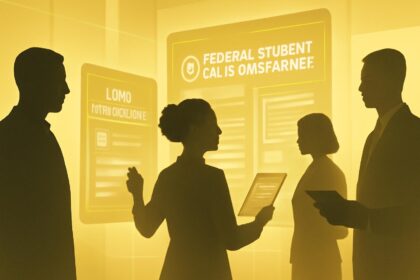Trump Considers Attending Supreme Court Tariff Case Arguments
President Donald Trump revealed on Wednesday that he might attend the Supreme Court oral arguments scheduled for November 5, concerning a major tariffs case that could shape the future of his protectionist trade agenda.
Speaking from the Oval Office, Trump emphasized the significance of the case, calling it “one of the most important cases in the history of our country.” He warned that a loss could leave the United States in a “weakened, troubled, financial mess for many, many years to come.”
“That’s why I think I’m going to go to the Supreme Court to watch,” Trump said, signaling his intention to personally observe the proceedings.
Background of the Tariffs Case
The Supreme Court will hear arguments on a challenge to President Trump’s use of the International Emergency Economic Powers Act (IEEPA) as the legal basis for imposing country-specific tariffs earlier this year. Lower courts have ruled that the president does not have the authority under IEEPA to enact these tariffs.
The case carries substantial implications for U.S. trade policy and executive power, testing the limits of presidential authority in economic sanctions and trade measures without explicit congressional approval.
Potential Historical Significance
If President Trump attends the oral arguments, he would become the first sitting U.S. president to do so, marking an unprecedented moment in the relationship between the executive branch and the judiciary.
The White House has not yet issued an official response to Trump’s statement regarding his plans to attend the hearing.
FinOracleAI — Market View
The Supreme Court’s decision in this case will have far-reaching effects on U.S. trade policy and executive authority. A ruling against the president could limit the scope of unilateral tariff actions, impacting ongoing and future trade negotiations.
- Opportunities: Affirmation of executive authority could strengthen the administration’s trade leverage and support protectionist measures.
- Risks: A ruling restricting presidential tariff powers could unsettle markets dependent on trade stability and introduce uncertainty in trade enforcement.
- Precedent: The case will set legal boundaries for presidential use of emergency economic powers in trade policy.
- Market Impact: Financial markets may react sharply to the decision, given the potential economic consequences outlined by the president.
Impact: The Supreme Court’s upcoming ruling will be a critical juncture for U.S. trade policy, potentially reshaping executive power and influencing economic stability.













